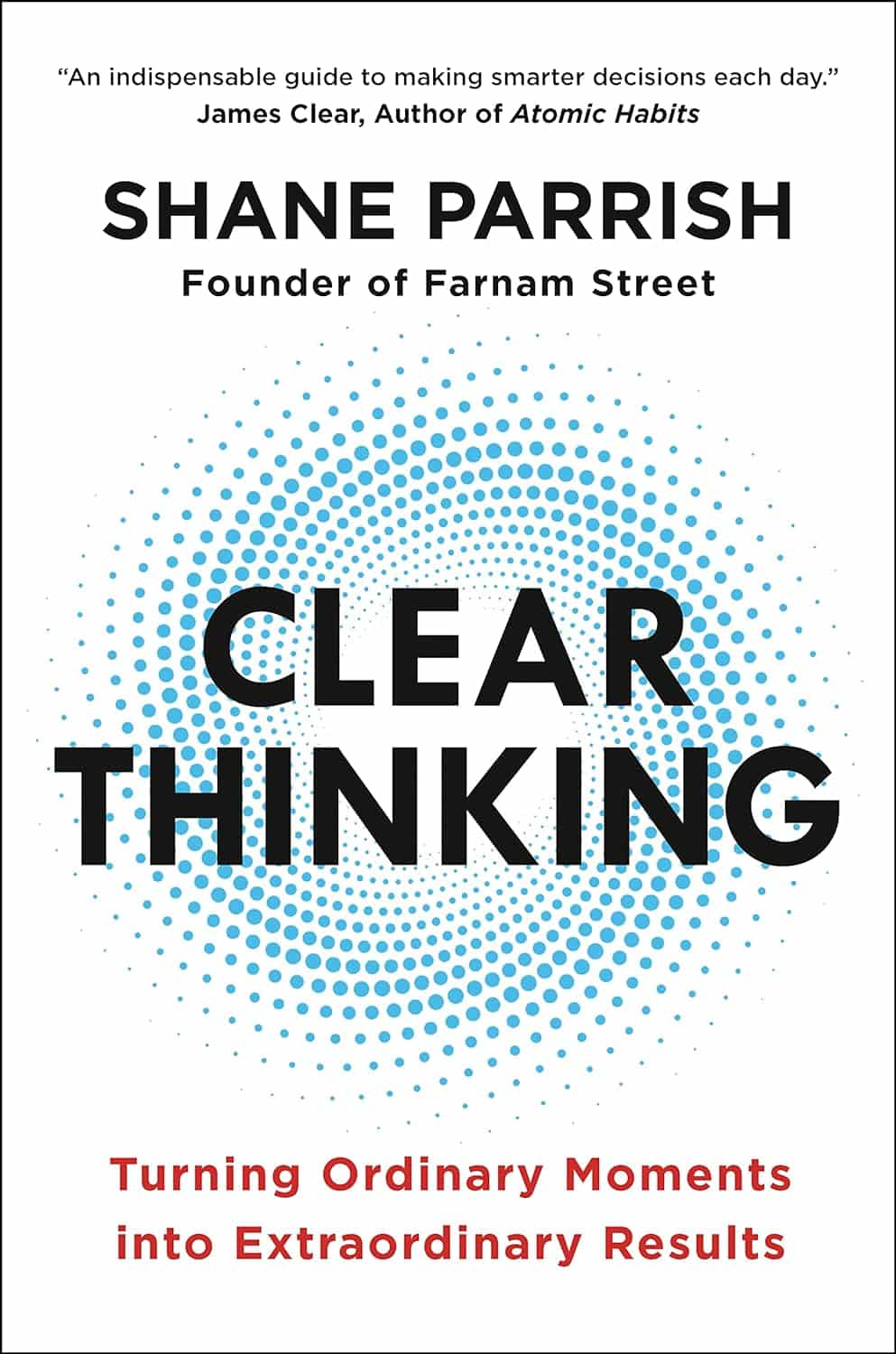I’m a big fan of summaries, as they can be a great way to get a lot of information in a short period of time. Blinkist creates fantastic summaries, and I certainly read them quite often.
That said, summaries can leave you short. In his book “Clear Thinking“, Shane Parrish shares:
Reading a summary might be faster than reading a full document, but it misses a lot of details— details that weren’t relevant to the person summarizing the information, but that might be relevant to you. You end up saving time at the cost of missing important information. Skimming inadvertently creates blind spots.
Every summary, by design, omits a lot of the content in the original piece. That can be fine, but it might miss things that would have resonated well with you.
The other consideration is to think about who is writing the summary. If we’re learning from a summary, we’re a step further away from the true expert. Again from Shane’s book:
Many of us learn about a subject not by reading original research or listening to the expert for hours, but by reading something intended to be highly transmissible. Think again of the difference between reading an academic article and reading a newspaper article about it. While they know more than the layman, popularizers are not experts themselves. Instead, they are good at clearly and memorably communicating ideas. As a result, popularizers often get mistaken for experts. Keep that in mind when you’re in the market for an expert: the person with real expertise is often not the person who made the subject popular.
He’s essentially talking about me! I provide a lot of summaries and insights (which can be super helpful for me), but I hope you take the time to dig deeper into the source of the areas that interest you.
Summaries can give you a wide range of information, but it’s always worthwhile to pick the important pieces and go much deeper on those.




